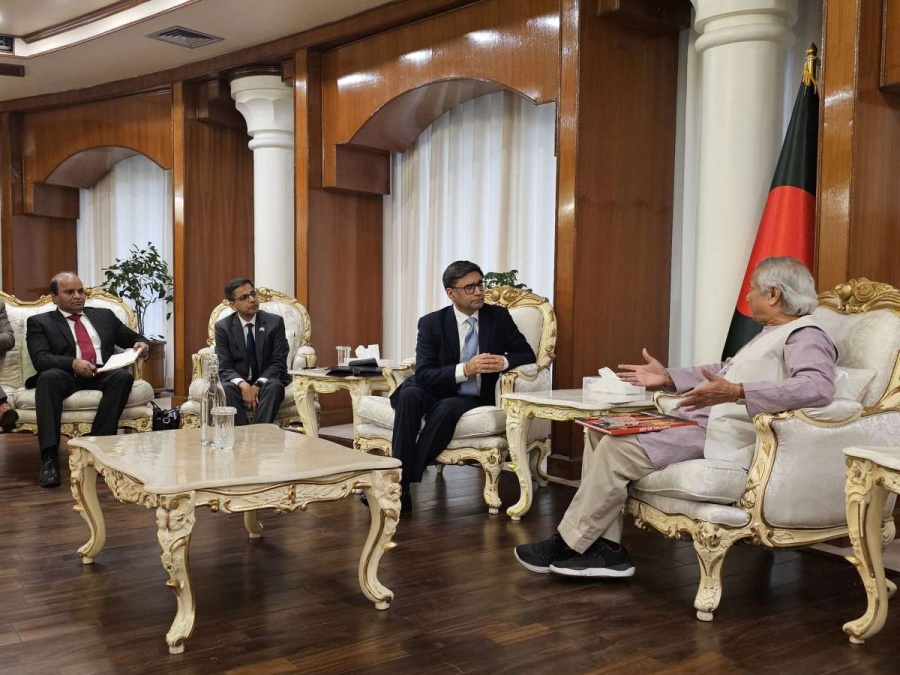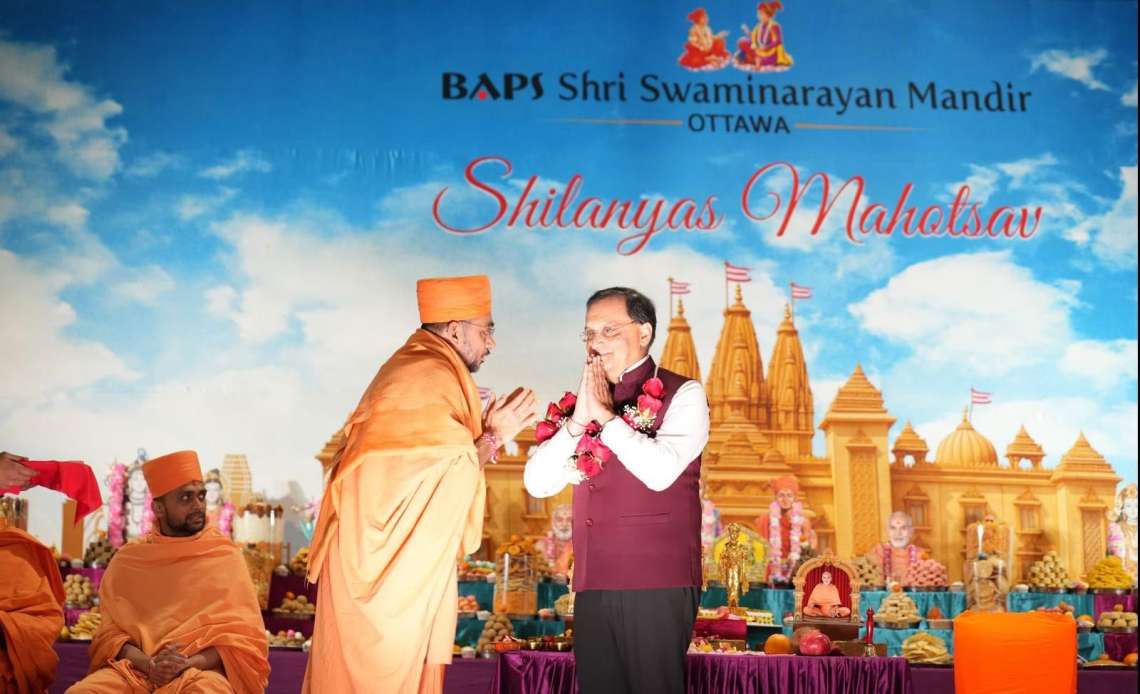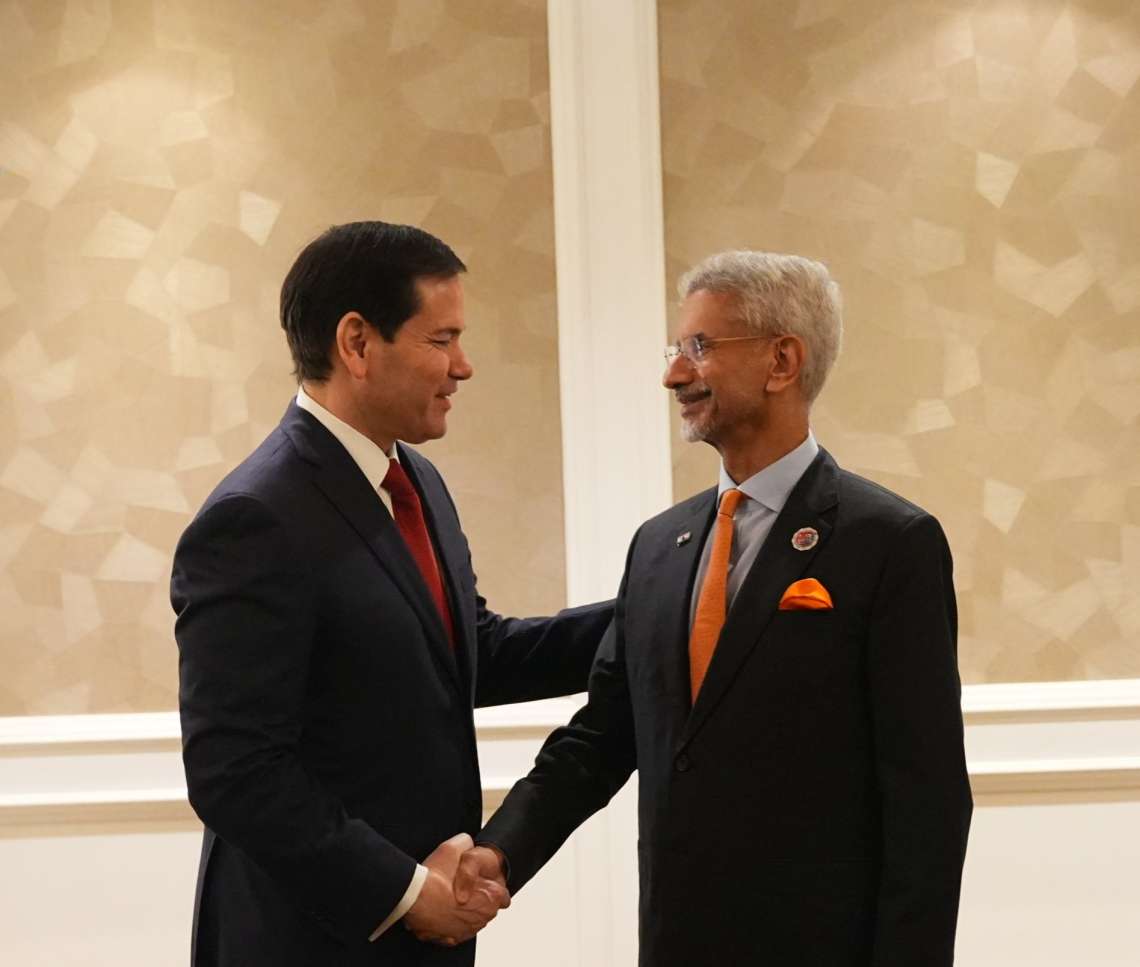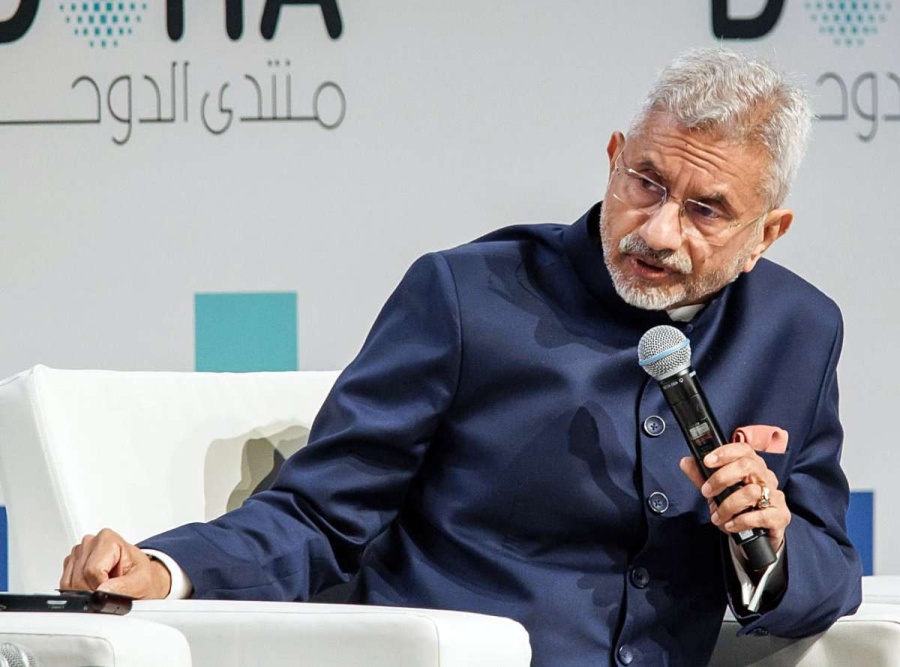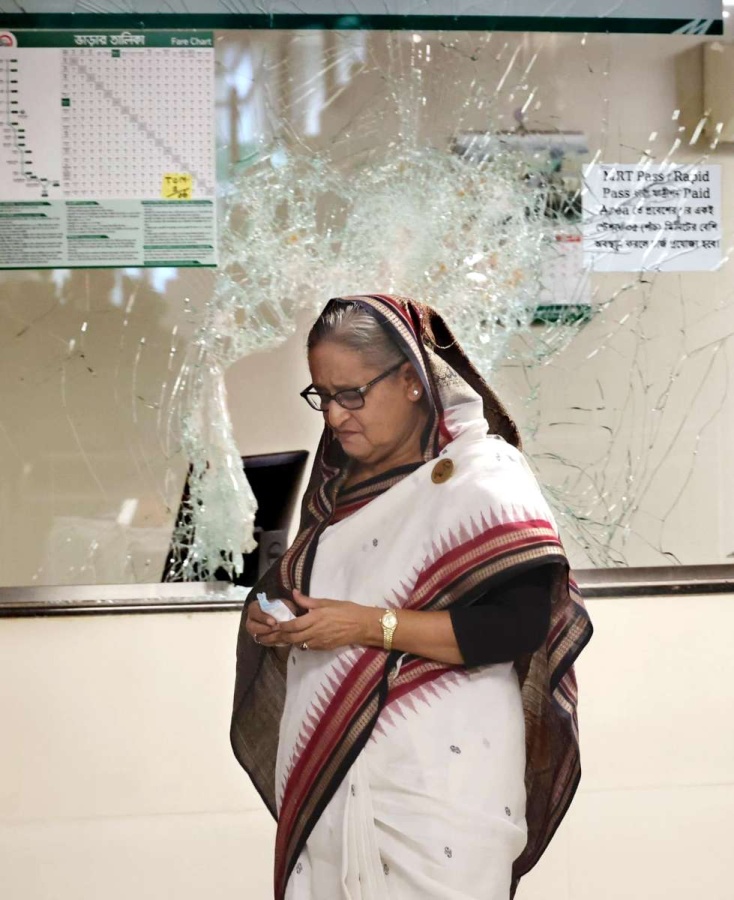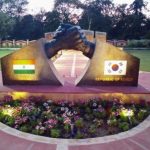Misri reaffirmed India’s support for a “democratic, stable, and inclusive” Bangladesh and its commitment to a “positive and constructive” relationship based on mutual trust and respect…reports Asian Lite News
During his Bangladesh visit, Foreign Secretary Vikram Misri emphasized India’s support for Dhaka while voicing concerns over attacks on religious minorities and their places of worship.
FS Misri called on the Chief Adviser of the Interim Government of Bangladesh, Muhammad Yunus and the Foreign Affairs Adviser, Md Touhid Hossain. He also held Foreign Office Consultations with the Foreign Secretary of Bangladesh, Jashim Uddin.
Notably, there have been multiple attacks on Hindus and other minorities by extremist elements in Bangladesh. There also have been cases of arson and looting of minorities’ homes and vandalism and desecration of deities and temples.
A Hindu temple was allegedly set on fire in the outskirts of Dhaka. The Mahabhagya Lakshminarayan Mandir, at Dhor village, in North of Dhaka came under attack on late Friday night.
Earlier, the arrest of Hindu priest Chinmoy Krishna Das in Chittagong on October 25 on sedition charges led to heavy protests.
Meanwhile, Bangladesh FS Jashim Uddin, during the meeting his with Indian counterpart, reaffirmed that the safety and security of the minorities in Bangladesh, regardless of their faith, religion, or ethnicity, was the “priority” of the interim government.
Bangladesh’s Foreign Secretary Mohammad Jashim Uddin, on Monday reaffirmed that the safety and security of the minorities in Bangladesh, regardless of their faith, religion, or ethnicity, was the interim government’s “priority.”
He also conveyed Dhaka’s concern over the recent incident at the premises of the Assistant High Commission of Bangladesh in Agartala, the Bangladesh Foreign Ministry said in a statement.
“Ambassador Jashim Uddin conveyed Bangladesh’s concern on recent violent incident on the premises of Assistant High Commission of Bangladesh in Agartala. On the issues of minorities, he emphasized that Bangladesh Government is committed to ensuring the safety and security of the people of Bangladesh, irrespective of their faiths, religions and ethnicities and that it is an internal matter of Bangladesh,” the statement read.
Misri noted India’s strong support for a “democratic, stable, peaceful, progressive, and inclusive” Bangladesh and emphasized India’s commitment to building a “positive and constructive relationship” with Bangladesh, based on “mutual trust, respect, and sensitivity to each other’s concerns and interests.”
“Foreign Secretary also discussed certain recent developments and issues and conveyed India’s concerns, especially those related to the safety and welfare of minorities. He also raised some regrettable incidents of attacks on cultural, religious, and diplomatic properties,” the MEA statement read.
During the FOC, both Foreign Secretaries highlighted the importance of expanding collaboration in sectors such as border security, water resources, trade, commerce, and consular matters and discussed regional and multilateral cooperation.
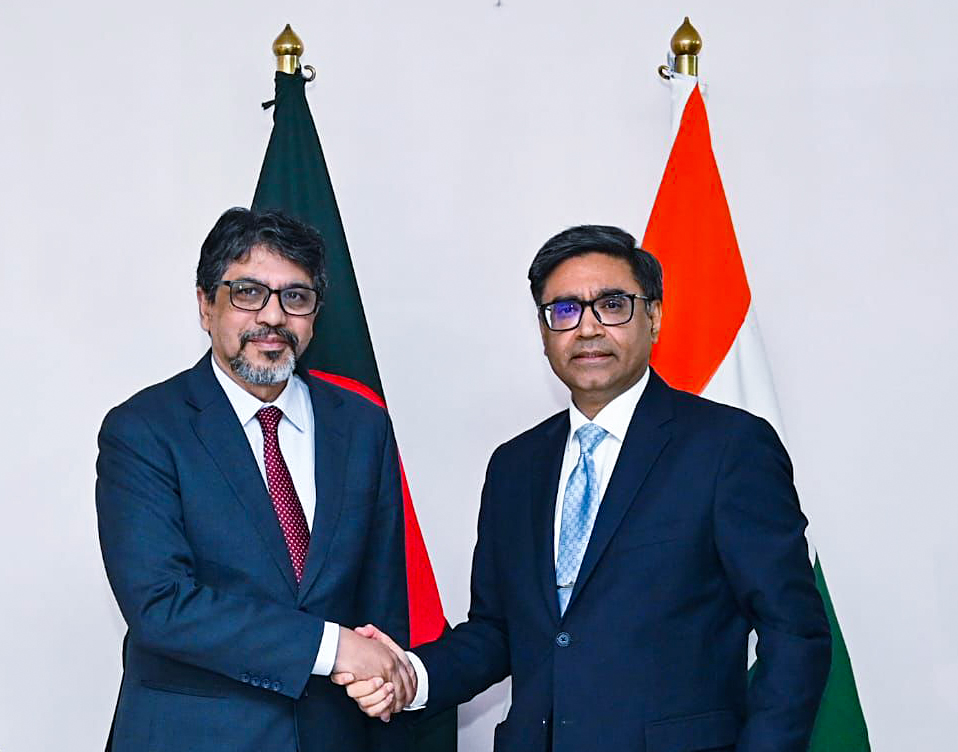
The Bangladeshi Foreign Secretary reiterated that Bangladesh seeks a constructive relationship with India based on fairness, mutual respect, and equity and stressed that both countries should focus on advancing a people-centric approach that prioritises the welfare of their citizens.
“The FOC provides a crucial platform for engaging in discussions to review various bilateral issues and explore new areas of mutual interest for the benefits of the two countries. The two Foreign Secretaries discussed to enhance cooperation in various important areas including border and security, water sector, trade and commerce, and consular issues. The two sides also discussed on issues related to regional and multilateral cooperation,” the statement from Bangladesh’s Ministry of Foreign Affairs read.
Discussions between the two Foreign Secretaries further covered sub-regional, regional, and multilateral issues, with both sides agreeing to enhance consultations to promote regional integration, particularly under the BIMSTEC framework.
Bangladesh’s Foreign Secretary also highlighted the need to initiate discussions for the renewal of the 1996 Ganges Water Sharing Treaty, along with the early conclusion of the Teesta water-sharing agreement and other water-sharing accords for common rivers.
Jashim Uddin.also emphasised the importance of normalising Indian visa services to enhance people-to-people connectivity.
According to MEA, India and Bangladesh, also exchanged views on sub-regional, regional, and multilateral issues and agreed to enhance consultations and cooperation to advance regional integration, including under the BIMSTEC framework
“During the Foreign Office Consultations, both sides held comprehensive discussions on a wide range of issues covering political and security matters, border management, trade, commerce and connectivity, cooperation in water, power and energy sectors, development cooperation, consular, cultural, and people-to-people ties. They also exchanged views on sub-regional, regional, and multilateral issues and agreed to enhance consultations and cooperation to advance regional integration, including under the BIMSTEC framework,” the statement read.
Meanwhile, on regional cooperation, the Bangladesh Foreign Secretary called for the revitalisation of SAARC (South Asian Association for Regional Cooperation) and further regional cooperation within the frameworks of both SAARC and BIMSTEC.
“Bangladesh looks forward to support from India on the issue of the repatriation of Rohingyas to their homeland. Ambassador Jashim Uddin called for the revitalisation of SAARC and regional cooperation within the provisions of SAARC and BIMSTEC,” the Bangladesh MFA said.
India had on November 26 noted with deep concern the arrest and denial of bail to Shri Chinmoy Krishna Das, who is also the spokesperson of the Bangladesh Sammilit Sanatan Jagran Jote.
India had urged Bangladesh authorities to ensure the safety and security of Hindus and all minorities, including their right of freedom of peaceful assembly and expression. (ANI)
ALSO READ: INDIA Bloc Demands Immediate Central Intervention in Manipur Crisis


